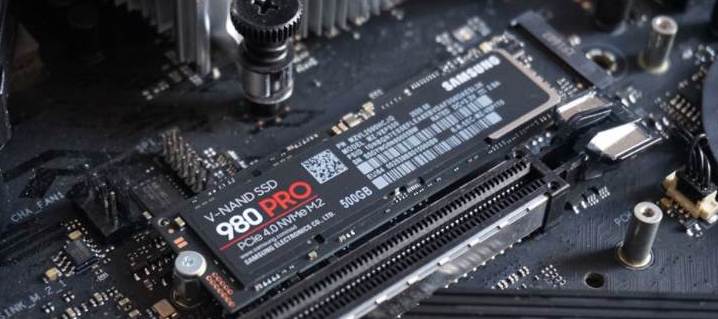Accelerating Server Performance: Exploring the Use of NVMe
In the world of server , speed and efficiency are of paramount importance. As technology advances, the need for faster storage solutions has become increasingly crucial. Non-Volatile Memory Express (NVMe) has emerged as a game-changing technology

Introduction:
In the world of server , speed and efficiency are of paramount importance. As technology advances, the need for faster storage solutions has become increasingly crucial. Non-Volatile Memory Express (NVMe) has emerged as a game-changing technology, offering exceptional performance and low latency. In this blog post, we will delve into the details of NVMe and its significant impact on server performance.
Understanding NVMe:
NVMe is a storage protocol designed explicitly for solid-state drives (SSDs) that connect to a server via the PCIe (Peripheral Component Interconnect Express) bus. Unlike traditional storage protocols like SATA and SAS, which were originally designed for mechanical hard drives, NVMe takes full advantage of the high-speed capabilities of SSDs.
Key Advantages of NVMe in a Server Environment:
Unparalleled Speed:
NVMe SSDs deliver significantly higher data transfer rates compared to traditional storage options. With NVMe, servers can achieve read and write speeds that are several times faster, resulting in reduced latency and improved overall system performance. This speed advantage is particularly critical in data-intensive applications, such as databases, virtualisation and big data analytics.
Low Latency:
NVMe's streamlined design and direct connection to the PCIe bus minimise latency, enabling faster access to data. This reduced latency is especially beneficial for applications that require real-time data processing, such as financial trading systems, online gaming and high-frequency trading.
Enhanced Scalability:
NVMe SSDs provide greater scalability options for server environments. With NVMe, servers can support a larger number of SSDs, allowing for increased storage capacity and improved performance. This scalability is crucial for businesses that deal with massive amounts of data and need to expand their storage infrastructure without compromising performance.
Improved Energy Efficiency:
NVMe SSDs consume less power compared to traditional storage options. This energy efficiency not only reduces operational costs but also contributes to a greener and more sustainable server environment. Additionally, the reduced power consumption results in less heat generation, which can lead to improved system reliability and longevity.
Advanced Features:
NVMe includes several advanced features that enhance the overall server experience. These features include end-to-end data protection, enhanced error reporting and advanced power management capabilities. These features ensure data integrity, improve system reliability and optimise power consumption.
Compatibility and Future-Proofing:
NVMe is designed to be backward compatible with existing storage protocols, making it easy to integrate into existing server environments. Moreover, NVMe is future-proof, as it continues to evolve and adapt to meet the growing demands of modern server applications.
Conclusion:
In today's fast-paced server environments, the need for high-performance storage solutions is critical. NVMe technology has revolutionised the storage landscape by offering exceptional speed, low latency, scalability and energy efficiency. By leveraging NVMe SSDs, businesses can unlock the full potential of their servers, enabling faster data processing, improved application performance and enhanced user experiences. As technology continues to advance, NVMe is poised to play an increasingly vital role in the server environment, driving innovation and pushing the boundaries of what is possible.



